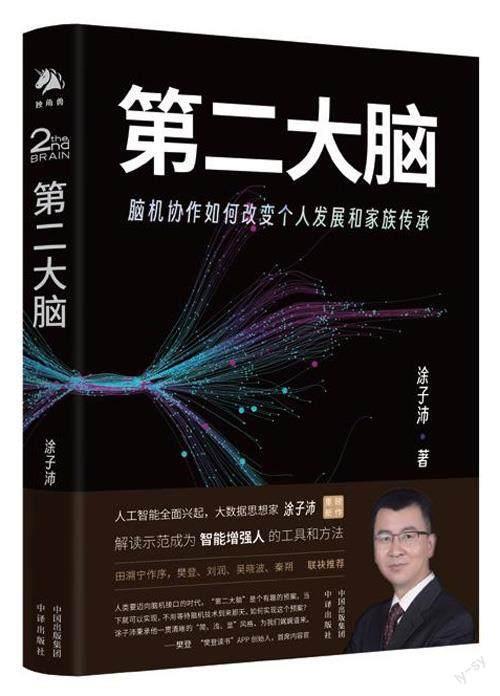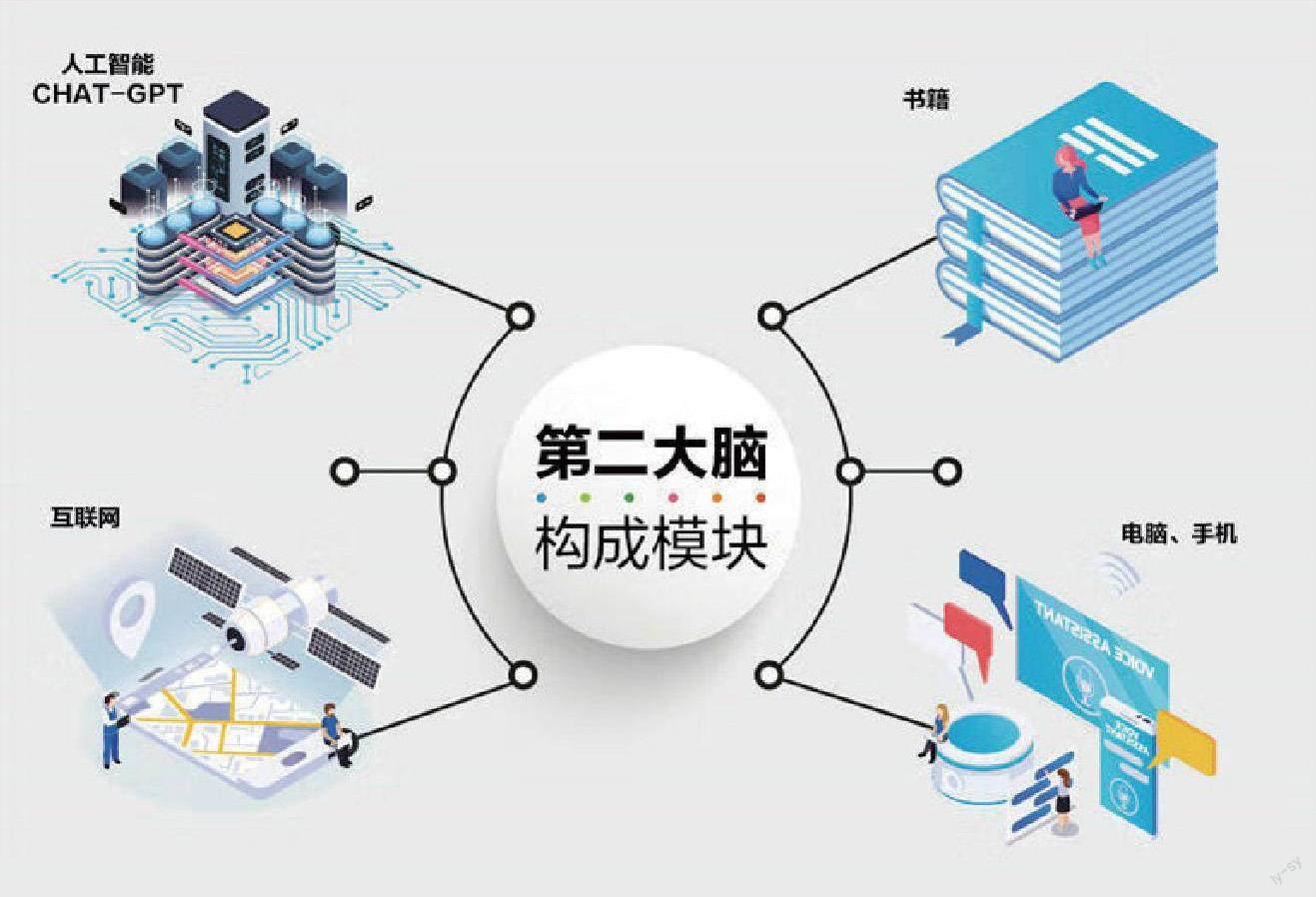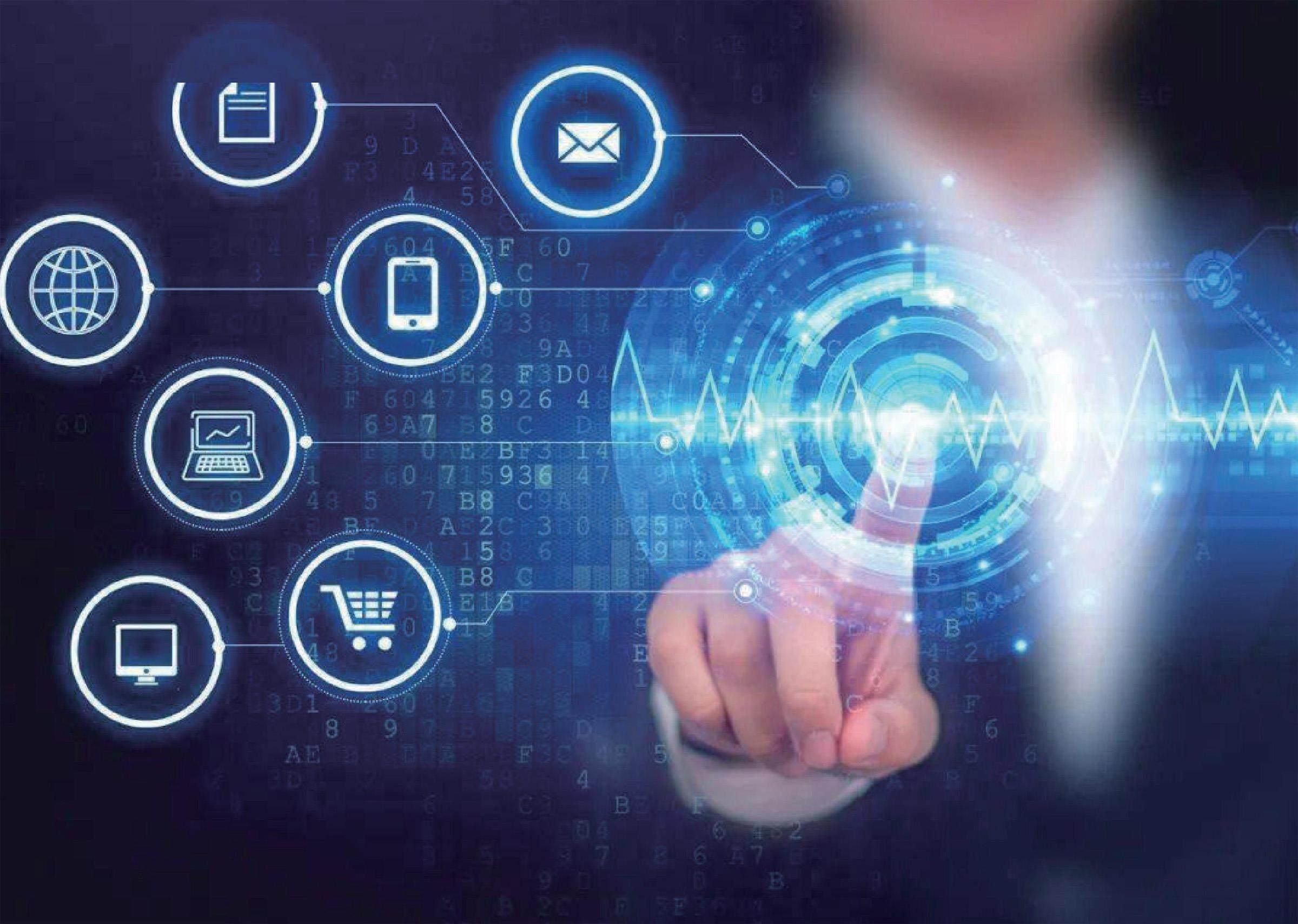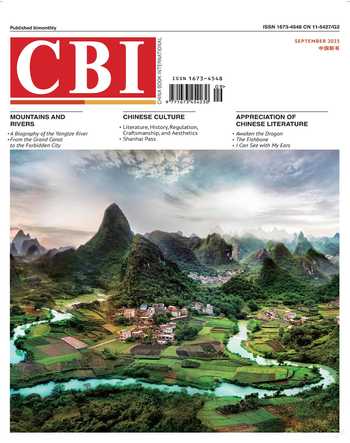Internet Is Not a Good Thinking Tool



This book introduces the concept of the second brain, and expounds the method, steps and future prospects of building the second brain. It is a new method of information collation through brain-machine coordination, and a unique method of gaining insight into ourselves and developing successful careers. In addition, the author explores how the second brain, as a personal heritage, is continuously inherited and optimized and becomes a familys advantage from the view of data heritage.
Tu Zipei
Tu Zipei, a native of Jian, Jiangxi, is a pioneer thinker of Big Data and a science and technology writer. His works were selected as recommended books by the Wenjin Book Awards of the National Library of China. Some of his works were translated into English, Italian, Arabic, Hindi, and Russian, and published.
The Second Brain: How Brain-Machine Collaboration is Transforming Personal Development and Family Legacy
Tu Zipei
China Translation & Publishing House
February 2023
89.00 (CNY)
Information has exploded. Today, the information generated on the internet in a day cannot be read by anyone in a lifetime. This information revolution dates back to the invention of the computer in 1946, but the actual information explosion occurred after the emergence of social media and smartphones. The first large-scale social platform was founded in 2004; the first epoch-making smartphone was launched in 2007. From then on, every smartphone user had a new identity: data producer. They could record their behaviors and ideas anytime and anywhere and release them. Others would see them, comment and forward them. This led to an unprecedented data explosion in human history in the 2000s, and humankind entered an era of “Big Data.”
Data is not anything, but anything is becoming data. Apart from the information explosion, the unique structure of the internet has taken us into one “black hole” after another. Because the information on todays internet is organized in the form of Hypertext Link, where almost every text has several links. As long as you click on a highlighted text (or underlined text), you will be taken to another text in the blink of an eye. One link directs to a new text, and the new text may have a new link – this is known as la différance. The difference means a new different substance. La différance refers to a constantly extending new substance. It means that every interpretation may have new concepts, and new links are generated. It is a cycle. La différance on the internet is like a ray without an end.
Our brains like la différance. As long as we click and jump constantly, every link will take you to something new without extra effort. It is similar to surfing in the sea. The brain will constantly feel the surprise, interest and excitement brought by new information and the satisfaction and sense of accomplishment of occupying a large amount of information. Many people regard it as excellent. Through the difference of links, we can quickly trace to the source, obtain a large amount of information, clarify the logic of knowledge development, and understand the whole picture of knowledge. It is proven that numerous people are immersed in and even addicted to the internet. However, there is a potential problem in constant difference: As long as we click three or four links in a row, the information we see may be completely irrelevant to the original topic; if we conveniently close a window we have browsed, we may suddenly find ourselves confused. What am I reading now? Why have I arrived here? Where did I come from? Why have I been here? We would suddenly find ourselves lost, so we must stop and look back.
The essence of difference is divergence, but the human brain must focus and converge when thinking. Our brain has very limited ability. When it wants to absorb new things, it wont use a fire hydrant but a straw. It must sip bit by bit. When new information impacts our brain like a tide, we will easily get dizzy and cannot remember everything we read. Everything can only leave a shallow impression in our brains. After some time, even if we read the same information again, we will only vaguely remember that we have read it. Because we have read it, we wouldnt like to review it, and we will always stop concentrating, deepening, remembering, and thinking.
What determines what we remember and forget? Eric R. Kandel, an American scholar, devoted his whole life to studying memory and won the Nobel Prize in Physiology or Medicine in 2000. He believed that attention is the key to clear memory. The brain preserves memories through relevance, and this process requires a high degree of concentration. In the book In Search of Memory (China Light Industry Press Ltd., 2007), Kandel wrote if the brain keeps firm memory, it “must deeply analyze the input information, which is realized by paying attention to the information and connecting it with the knowledge firmly rooted in the memory in a systematic and meaningful manner.” When we dont pay attention to an idea or experience, the nerve cells in the brain will lose their excitement in a few seconds. Memories will escape from the mind, leaving only slight traces.
This is the problem. La différance is like one “black hole” after another that distracts our limited attention, which should have been concentrated. Todays internet allows us to see more and more, but remember less and less! I often hear my friend complain that he watched short videos on the phone for two hours but couldnt remember what he had watched after putting down the phone. More and more people are constantly experiencing such a feeling – they have read a lot on the internet but it seems that they have read nothing. According to Kandels theory, we can easily find that the internet is a good tool for obtaining new information. However, its endless chain structure with layer-by-layer extension determines that the internet is definitely not a good memory tool, but a good thinking tool.
Even compared with traditional books, the internet is a worse memory and thinking tool. The reason is that a book has a focused topic that leads us to depth, while the internet extends to all directions. Though some links deepen, most of them dont but expand horizontally. We use the internet almost every day. I suggest that when surfing the internet, we must remember the famous fable: A monkey stretched its hand into a bottle of biscuits and grasped a handful of biscuits. But its hand was stuck, and neither its hand nor the biscuits could be taken out. The internet is a place rich with information. When we see a large amount of useful information, our first reaction is excitement. We want to get more. However, when we grasp too much, we will surely ignore digestion and absorption. Then, the learning behavior will finally become meaningless browsing and the consumption of attention. Similarly, when we experience a new product in the shopping mall, if we experience too much at a time, the sense of experience will disappear. Our brain will become numb and cant remember anything.
Of course, facing such a conclusion, someone will raise a new question: Why should we remember everything? Nowadays, we can find the answer to almost any intellectual question as long as we search for it on the phone. Why should we use our memory now that search engines are so powerful? Future technologies will be more intelligent and faster. For example, we can search information through voices and images and find the answer we need at once. Isnt the mobile phone easy to use? Isnt the internet good? Cant we outsource more memories to the internet? It is the digital memory bank of humankind!
We must admit that the mobile phone has effectively undertaken some memory functions of the brain. Nowadays, most of us dont have to keep phone numbers in our brains, even those of our relatives. We only need to say “wife” to the phone, and it will automatically dial her number. Similarly, we dont have to remember the way to somewhere. As long as we input an address, the map app will guide us to the predetermined destination step by step. If the brain is the biological memory in the body, the internet is a helpful external memory bank. Then, the question will soon become:
What should our biological brain remember today?
What should the external memory bank remember?
Can there be a balance between them?
How do we find this balance?
We must answer these questions. From Alzheimers disease to common forgetfulness, human beings have deeply understood that we are a creatures with limitations, especially the limited ability of our brain. Since we evolved into Homo sapiens, our brain hasnt changed over the past ten thousand years. However, facing the information explosion today, we are required to master and process more information in this era, and we feel pressure, difficulties, helplessness, and hesitation. Therefore, we must use external tools.

